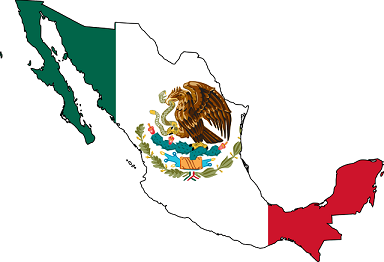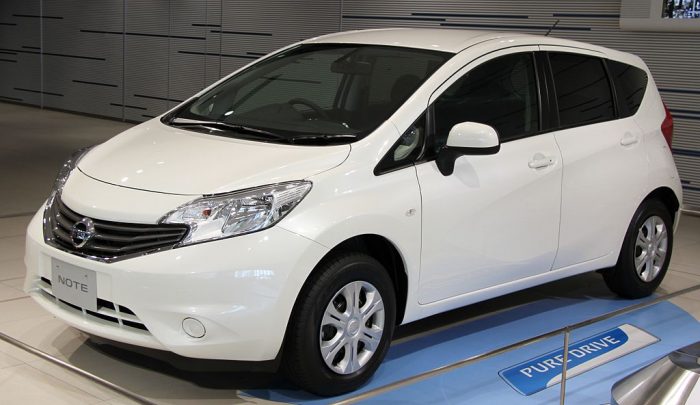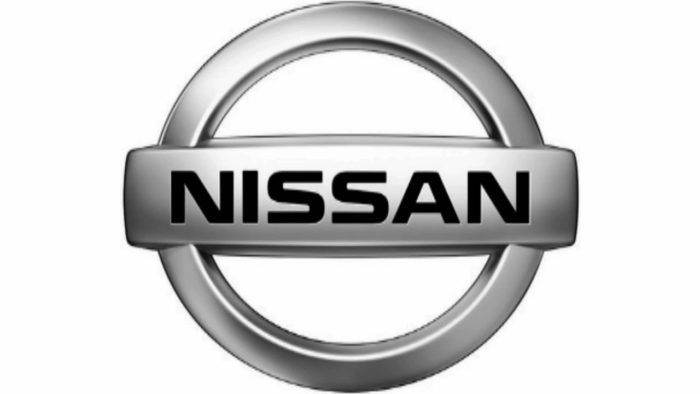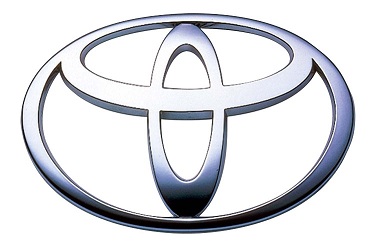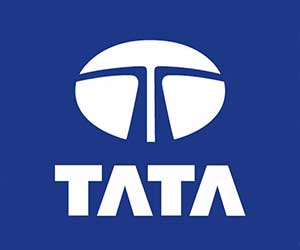Now Reading: Nissan to quit making Mexican Tsuru surrounded by safety criticism
-
01
Nissan to quit making Mexican Tsuru surrounded by safety criticism
Nissan to quit making Mexican Tsuru surrounded by safety criticism
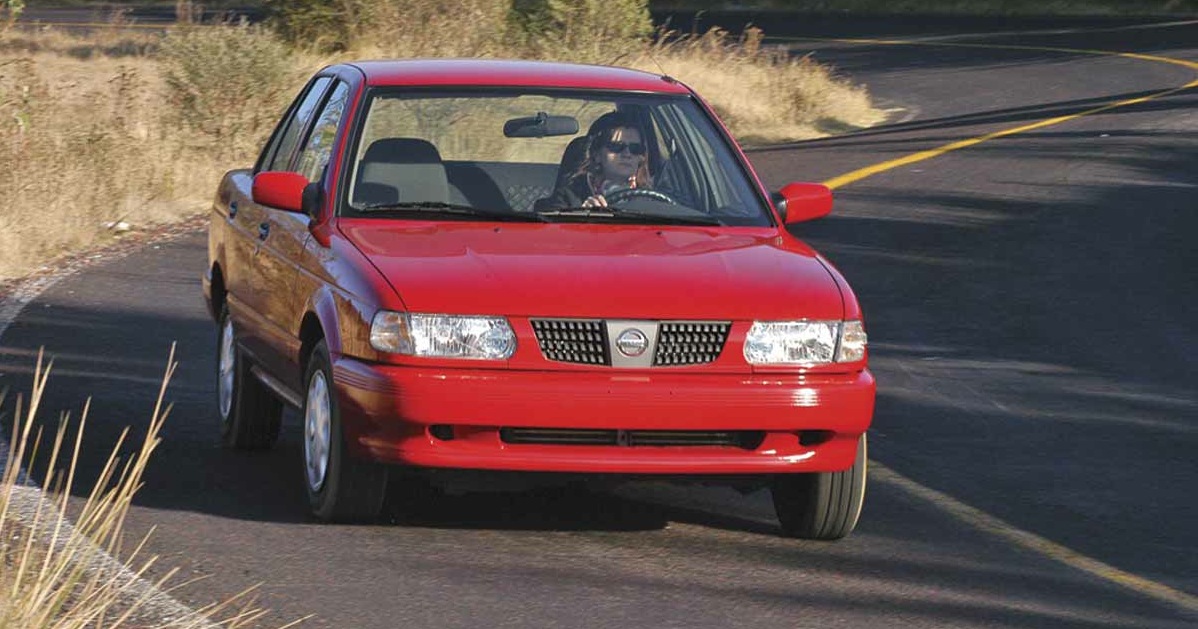
Nissan Motor stated on Wednesday it would stop production in May of the Mexican-built Tsuru, a cost-effective and sturdy sedan cherished by cab drivers however frequently offered without air bags and commonly slammed for its bad crash record.
A golden goose for Nissan constructed since the early 1980s, the Mexican Tsuru is among the earliest car still produced worldwide.
The automaker did not discuss its decision, however market specialists stated advances in safety and emissions requirements implied it was not cost-effective to produce the vehicle offered only Mexico and Peru.
It was many of Mexicans’ very first automobile and ended up being the nation’s most identifiable car after Volkswagen stopped production in 2003 of the Beetle that, painted green and white, was for years Mexico’s equivalent of the New York yellow taxi.
“The Tsuru replaced the Beetle as a sort of symbol for Mexico City. It’s another sign of the city that concerns an end,” stated Ruben Ramirez, 45, a Tsuru-driving cab driver.
Ramirez’s coworker at the Mexico City taxi stand, Raul Flores, stated the Tsuru was “like his home.”
However the vehicle’s disappointing security record has significantly been a focus of criticism about how car manufacturers’ requirements vary between developing and developed economies.
The news came one day prior to the New Car Assessment Program (NCAP), a security group, because of crash a Tsuru into a Nissan Versa in the Virginia, USA, to highlight exactly what it called the “significant” distinction in safety requirements in between the two base line sedan designs offered in different markets.
Mexico’s seventh greatest seller this year, the Tsuru was associated with more than 4,000 deaths there in between 2007 and 2012, the security group stated in April.
A report by the group and Inter-American Development Bank released on Wednesday concluded that over 440,000 deaths and severe injuries could be avoided, and approximately $143 billion conserved, if United Nations vehicle guidelines were used in Latin America.
Nissan will continue to provide services, parts and upkeep for the Tsuru after it is stopped, the automaker stated in a declaration.
Over 2.4 million Tsurus sold had provided “available, cost-effective and reliable movement for drivers” for over 3 decades, it included.
Nissan stated its entire production volume in Mexico would not be impacted by the modification since it was boosting output of other models at 2 plants in the central state of Aguascalientes.
Stay Informed With the Latest & Most Important News
Previous Post
Next Post
-
 01Polestar Boss Says It’s Time To Outrun BMW M And Mercedes-AMG
01Polestar Boss Says It’s Time To Outrun BMW M And Mercedes-AMG -
 02Spy Shots: 2027 Mitsubishi Pajero Spotted in Testing Ahead of Possible U.S. Return
02Spy Shots: 2027 Mitsubishi Pajero Spotted in Testing Ahead of Possible U.S. Return -
 032026 Toyota Hilux EV: A Powerful Truck with Silent Torque
032026 Toyota Hilux EV: A Powerful Truck with Silent Torque -
![2027 Mercedes-Benz S-Class Debuts with V8 Engine [Photo Gallery]](https://speedlux.com/wp-content/uploads/2026/01/2027-Mercedes-Benz-S-Class-33-155x125.jpg) 042027 Mercedes-Benz S-Class Debuts with V8 Engine [Photo Gallery]
042027 Mercedes-Benz S-Class Debuts with V8 Engine [Photo Gallery] -
 052026 Corvette ZR1 Production Surges Past Expectations as Output Clears 1,000 Units
052026 Corvette ZR1 Production Surges Past Expectations as Output Clears 1,000 Units -
 06Spy Photos: VW ID. Polo GTI Goes Electric with 223 HP and 280 Miles of Range
06Spy Photos: VW ID. Polo GTI Goes Electric with 223 HP and 280 Miles of Range -
 07The Controversial Ford Voodoo V8 That Was Killed Off Too Early
07The Controversial Ford Voodoo V8 That Was Killed Off Too Early



![2027 Mercedes-Benz S-Class Debuts with V8 Engine [Photo Gallery]](https://speedlux.com/wp-content/uploads/2026/01/2027-Mercedes-Benz-S-Class-33-700x394.jpg)




































